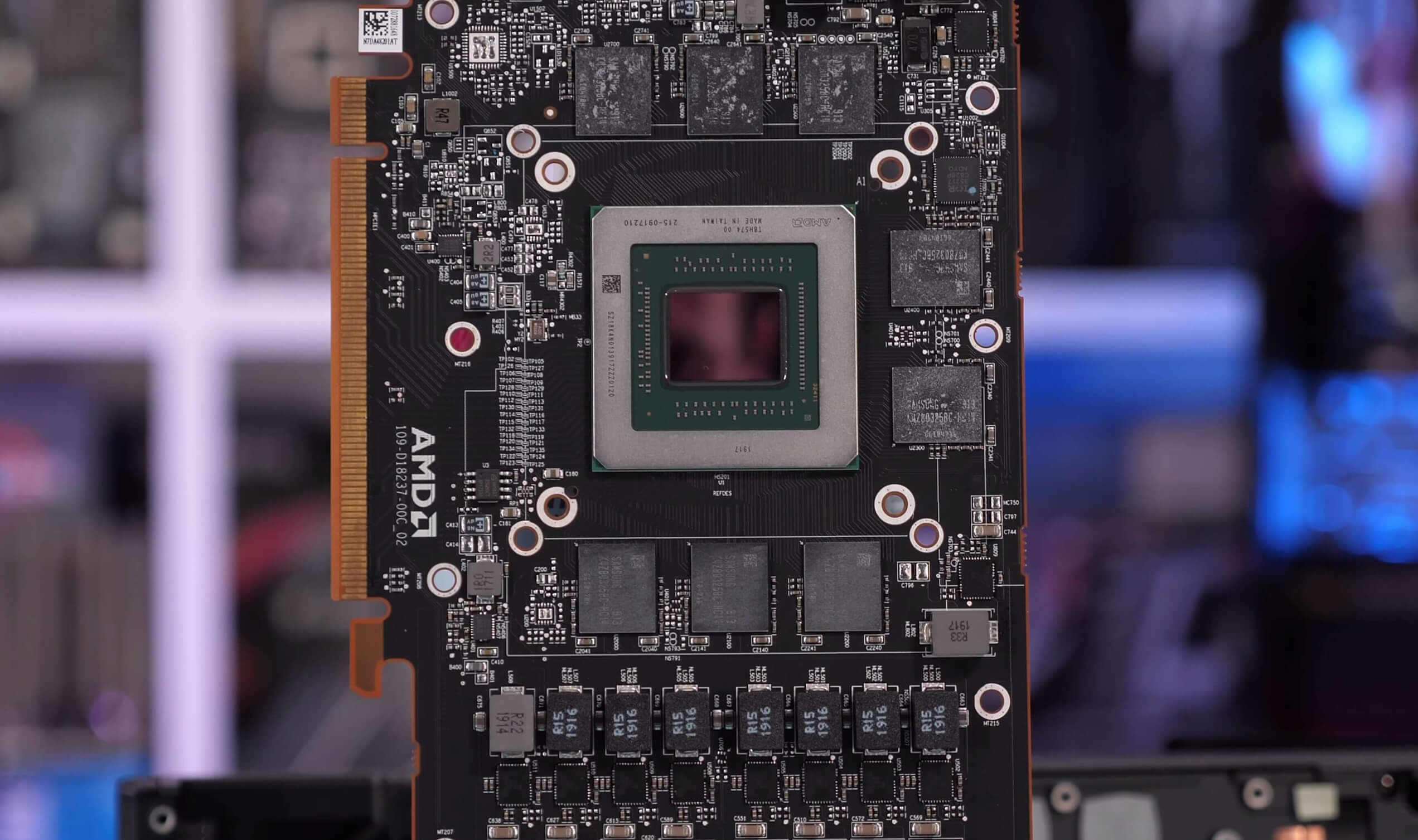As I planned and was beginning to run our next big graphics card benchmark test, I felt I had to shift gears to discuss AMD's driver woes after a recent poll we ran on the community. We've already reached out to AMD for a statement and they have responded and we'll cover that towards the end of this article.
At this point it's no secret AMD is struggling to iron out some driver related issues with their Radeon RX 5000 GPUs. Typically we like to give both AMD and Nvidia a few months to iron out bugs when releasing a new GPU series, especially when they're based on a new or mostly new architecture, as was the case with Turing and Navi.
Nvidia went through a fair share of teething issues with Turing, but we think it's fair to say they went on top of any major issues very quickly. AMD, on the other hand, has had seven months to sort out Navi, and by the looks of it, they just haven't been able to deliver. We've received countless reports of crashing, flickering issues, and of course, the black screen bug.
I should preface this by saying we haven't run into any major issues after countless hours of testing new Radeon GPUs in our labs. Around 4-5 months ago I ran into the black screen bug once. We're not even sure if it's the same "black screen bug" people are complaining about, or if the two are even related. My issue was seen when updating the display driver, after a reset the Windows desktop wasn't seen again, I was instead presented with a blank screen every time Windows loaded.
The fix was to hard reboot until it prompted me to load Windows into safe-mode. Then I used the Display Driver Uninstaller tool (DDU) to remove the bad driver install. I was able to load back into Windows 10 normally, clean installed the driver, and after that I never saw the issue again.
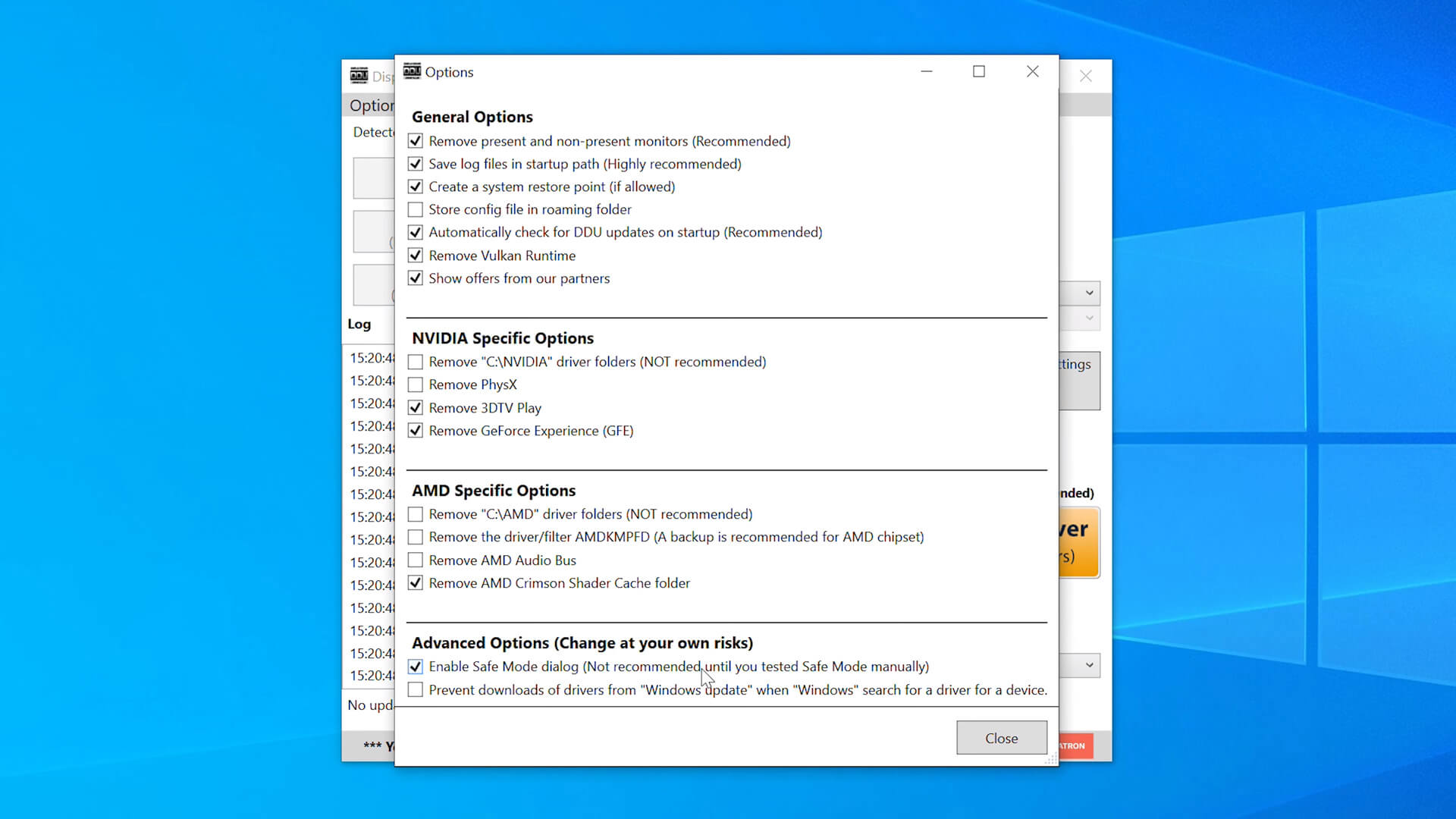
The only other issue we've encountered at some point is the green or pink screen bug after installing new drivers, though I haven't seen that one for at least the last few driver updates. Not as big of a nuissance, a reboot fixed that every time.
It's worth noting that Tim hasn't used a 5700 series graphics card as a daily driver, so his experience is more limited to testing on a clean system. Though he's been running extensive game tests spanning several hours that cover pretty much every quality setting in games, and not a single hiccup in all that testing.
As for me, I've been using the Radeon 5700 XT in my main rig for about 4 months now and in that time I've only had a single system lockup which forced a hard reboot and I don't even know if it was related to the graphics card. For the first few months I coupled the Radeon with a Core i9-9900K, and then recently moved to Threadripper with the 3960X and a fresh install of Windows 10, no issues as yet.
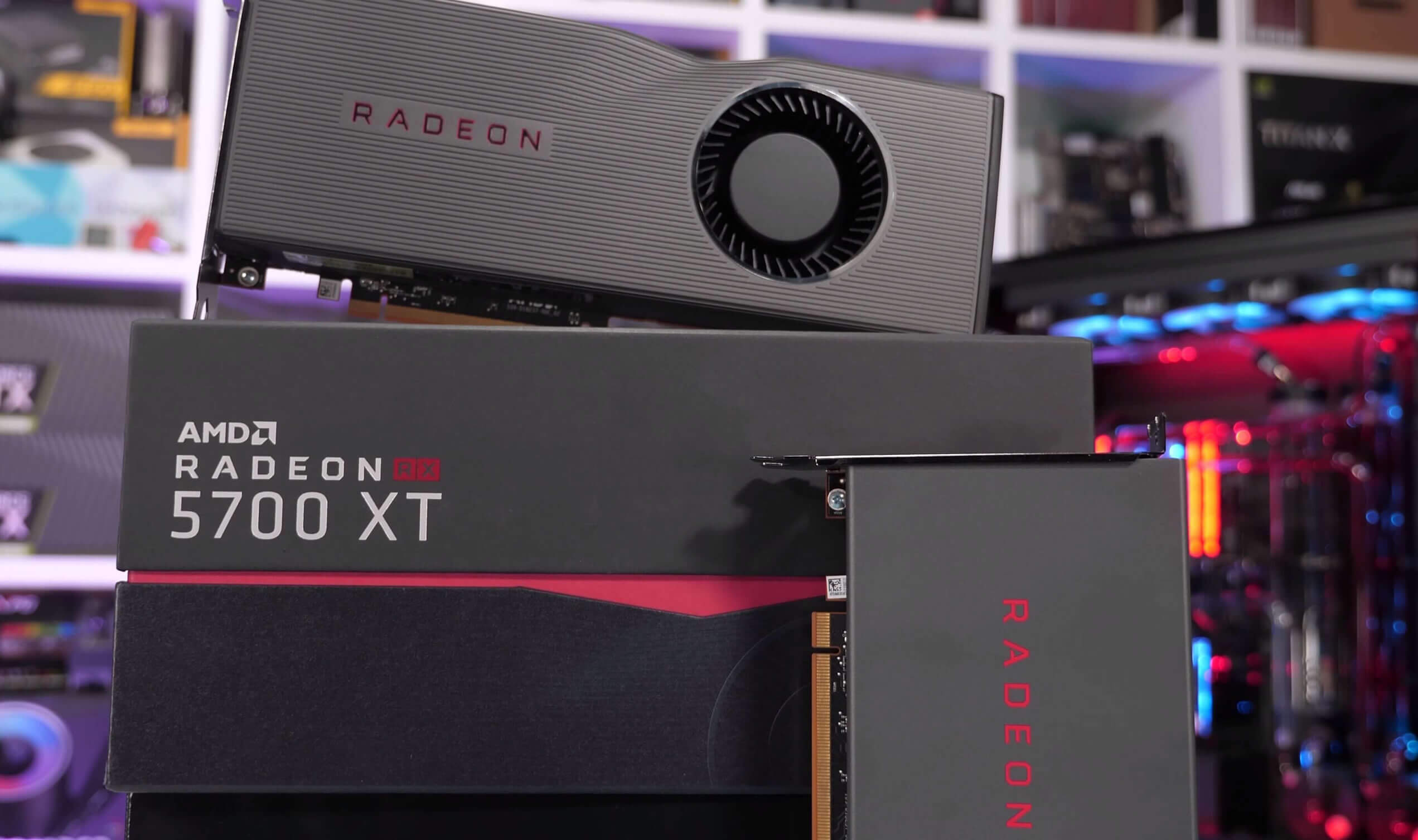
Since we bought about half a dozen 5700 XT cards for testing, we've also fitted out my family's gaming systems with 5700 XTs, and after a few months of operation, neither have suffered any glaring issues. With that kind of experience, we're a little puzzled as to why so many people are having problems, but of course, with nearly unlimited combination of systems and software setups, far too many people are reporting problems and many are telling us similar stories, so there's clearly an issue at play, or series of issues.
AMD has publicly acknowledged these bugs as "known issues" in their 20.0.3 driver release notes, stating the following.
Some Radeon RX 5700 series graphics users may intermittently experience a black screen while gaming or on desktop. A potential temporary workaround is disabling hardware acceleration in applications running in the background such as web browsers or Discord.
Also, they claim to have solved the following.
An intermittent black screen or loss of display may occur when performing parallel actions such as web browsing, gaming or watching video.
An intermittent black screen or loss of display may occur when the system is left idle at desktop.
Meanwhile, in the latest 20.2.1 release notes they still acknowledge the random black screen issue with the disabled hardware acceleration workaround. They also say: "A black screen may occur when performing a mode change with a limited number of displays on Radeon RX 5700 series graphics products."
In other words, several months after launch, AMD is still working on fixing the black screen bug. As we understand, if the situation has improved a lot, it still persists for some users. Given we haven't run into any major bug ourselves, we decided to run a poll on HUB's YouTube community channel to try and work out how many AMD users are affected and get some feedback on the problems they're encountering.
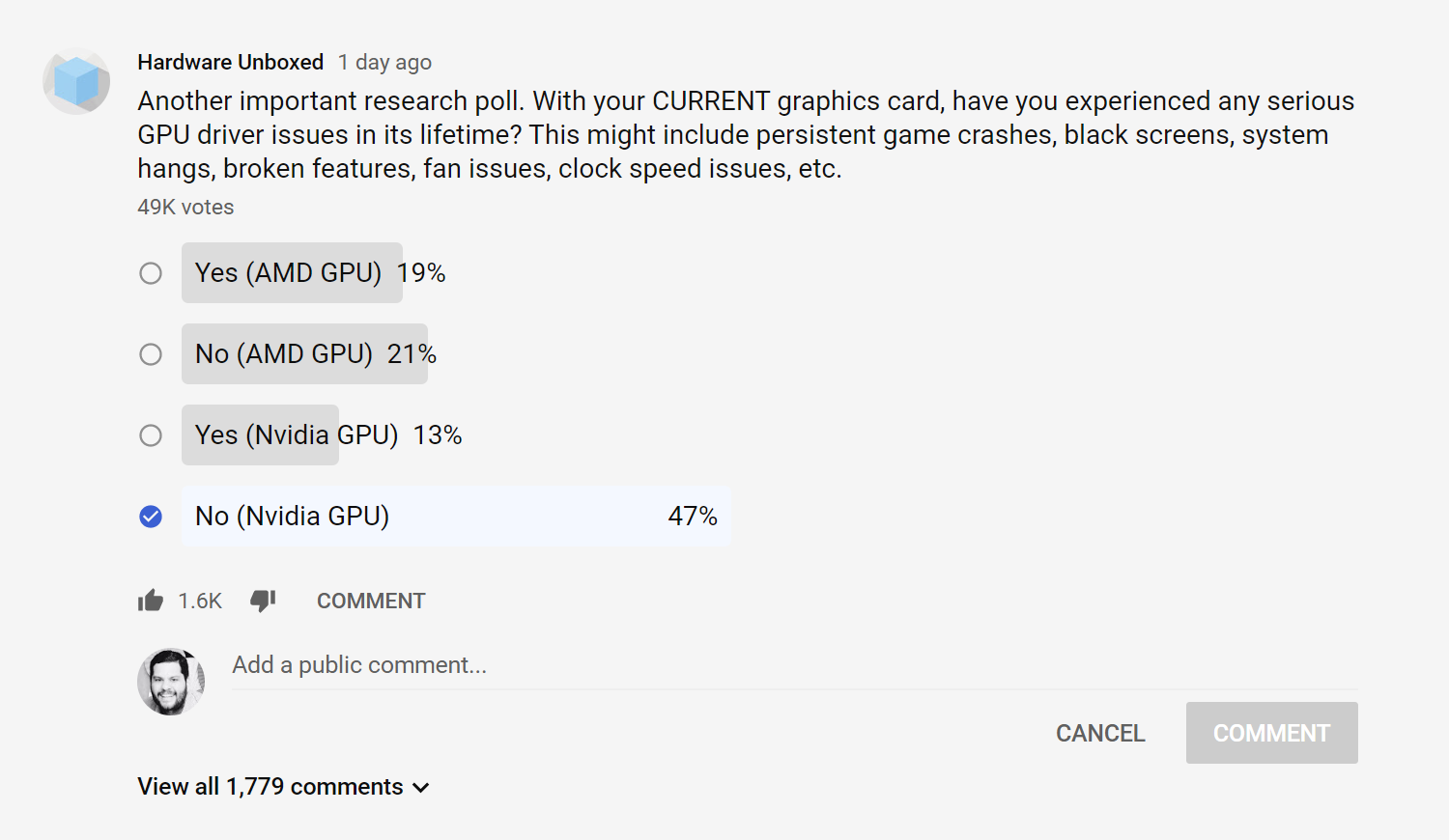
Nearly half of all AMD users who took part in the poll responded 'Yes', they are having or have had serious issues with their Radeon GPU. The poll suggests that 48% of all AMD users have suffered major issues, while we see less than half that figure for Nvidia users at 22%.
The poll was conducted as a general question and we didn't target Navi specifically, but based on the comments that went below the poll, most AMD users claimed to be running a 5700 series graphics card.
Naturally, there's going to be some dodgy votes in there, but we don't believe a few fanboys are going to skew the data too heavily after gathering over 49,000 votes. That's a large enough sample size to take as evidence that AMD has a major problem they need to address.
Because we haven't experienced these issues ourselves, we've been unable to troubleshoot them on our own. One educated guess is this stems from a hardware compatibility issue which is more and more likely based on the data and feedback we received from our recent poll. Another possibility is that a lot of these problems could be caused by bad driver installs.
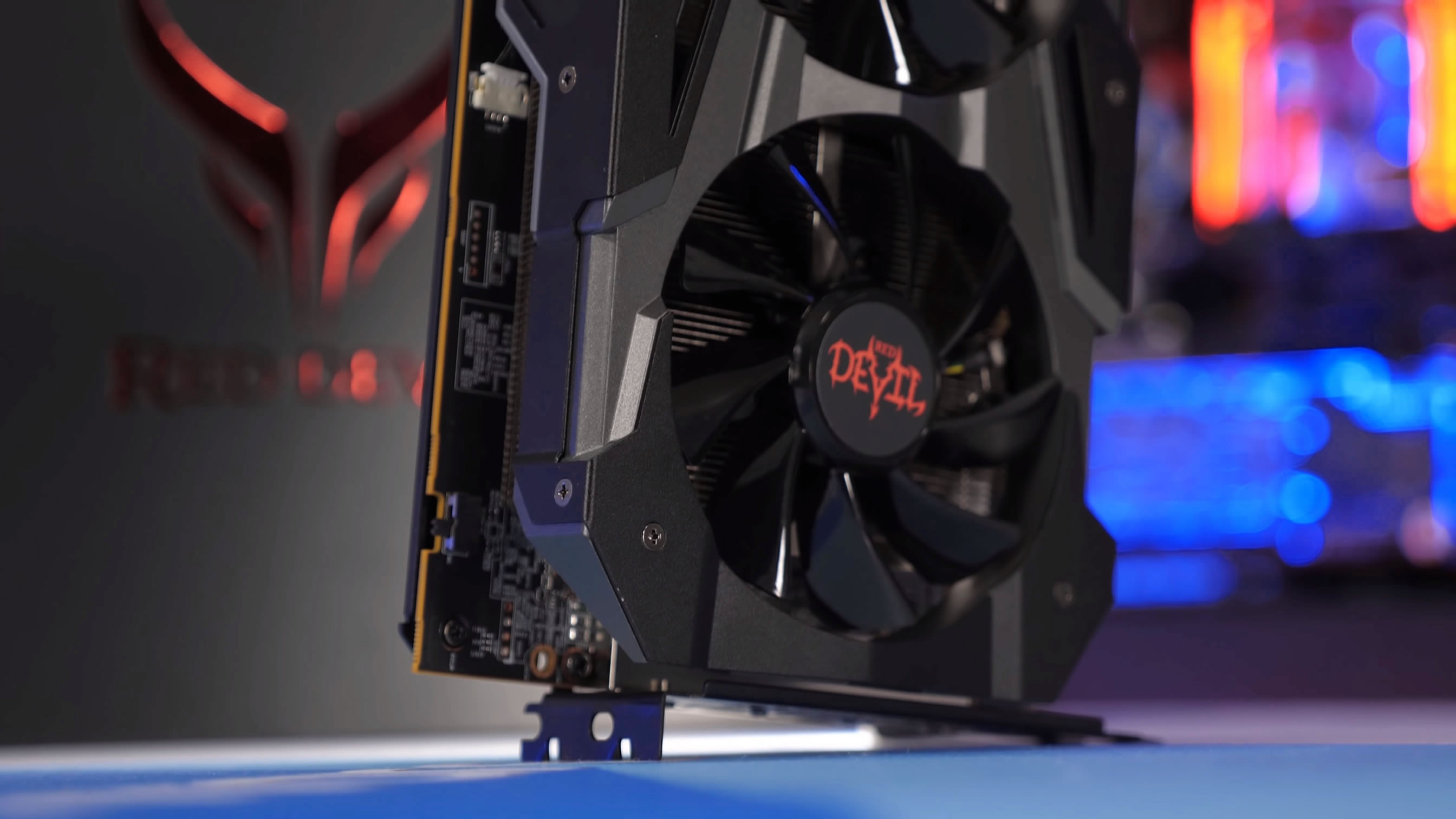
Over the years we've run into numerous issues with AMD, and sometimes Nvidia drivers, after updates. The solution is always to reboot into safe-mode, remove all display drivers, then load back into Windows and install the driver package from scratch. AMD's drivers appear especially sensitive and this has been the case for as long as I can remember.
As for the theory regarding hardware compatibility, don't be surprised if AMD doesn't have the ability to test the degree of hardware they need to before release, making a good portion of the population beta testers. It's not an unacceptable approach, assuming they can squash bugs as they crop up in a timely manner, but unfortunately this is not something they've managed properly and has lead to Radeon customers having a crappy experience. This situation will result in a death spiral for the Radeon Technologies Group if they can't get a handle on the problem. In order for them to detect bugs they need a large user base submitting crash reports. But if they fail to address issues in a timely manner as they are reported, users will seek alternatives and I can't tell you how many people have told me they sold their 5700 XT and replaced it with a GeForce graphics card.
Drivers have always been an uphill battle for AMD, but at times they've managed to get on top of things and get the most out of their GPUs. 4th-gen GCN is a good example, even though it took them about 12 months before they squeezed all the possible performance out of the hardware, stability never seemed to be an issue... on the fourth iteration of that architecture.
Over the years we've heard countless stories about how AMD has been bullied by mean old Nvidia, and while some of the stories are true, I can't help but feel AMD's been kicking AMD the hardest.
Over the years we've heard countless stories about how AMD has been bullied by mean old Nvidia, and while some of the stories are true, I can't help but feel AMD's been kicking AMD the hardest. Back in the good old days when AMD had superior graphics tech it was let down by drivers. Popular titles such as League of Legends were well known to play poorly with Radeon GPUs, suffering from stuttering and poor performance relative to the Nvidia competition.
Getting back to the upcoming GeForce RTX 2060 vs. Radeon 5600 XT battle (article incoming!), with these two products so close in terms of price and performance, we're going to find it really hard to recommend the Radeon GPU.
For AMD to charge comparable prices, they have to offer a similar or superior experience than Nvidia, and right now they're failing at that. It seems many of you agree as we dive into our Amazon sales data. Basically whenever competing AMD and Nvidia products come in at a similar cost per frame, readers always seem to favor Nvidia. We saw this with the RX 5700 and RTX 2060 when both were priced at $350. Worst case scenario, having someone buy a RX 5700 series graphics card only to get fed up with issues months later and sell or return it for a GeForce product is devastating for the company and the user. No doubt, it'll be very hard for that customer to buy a Radeon on the next upgrade cycle.
~$350 GPU sales share since July 2019 - HUB Amazon data
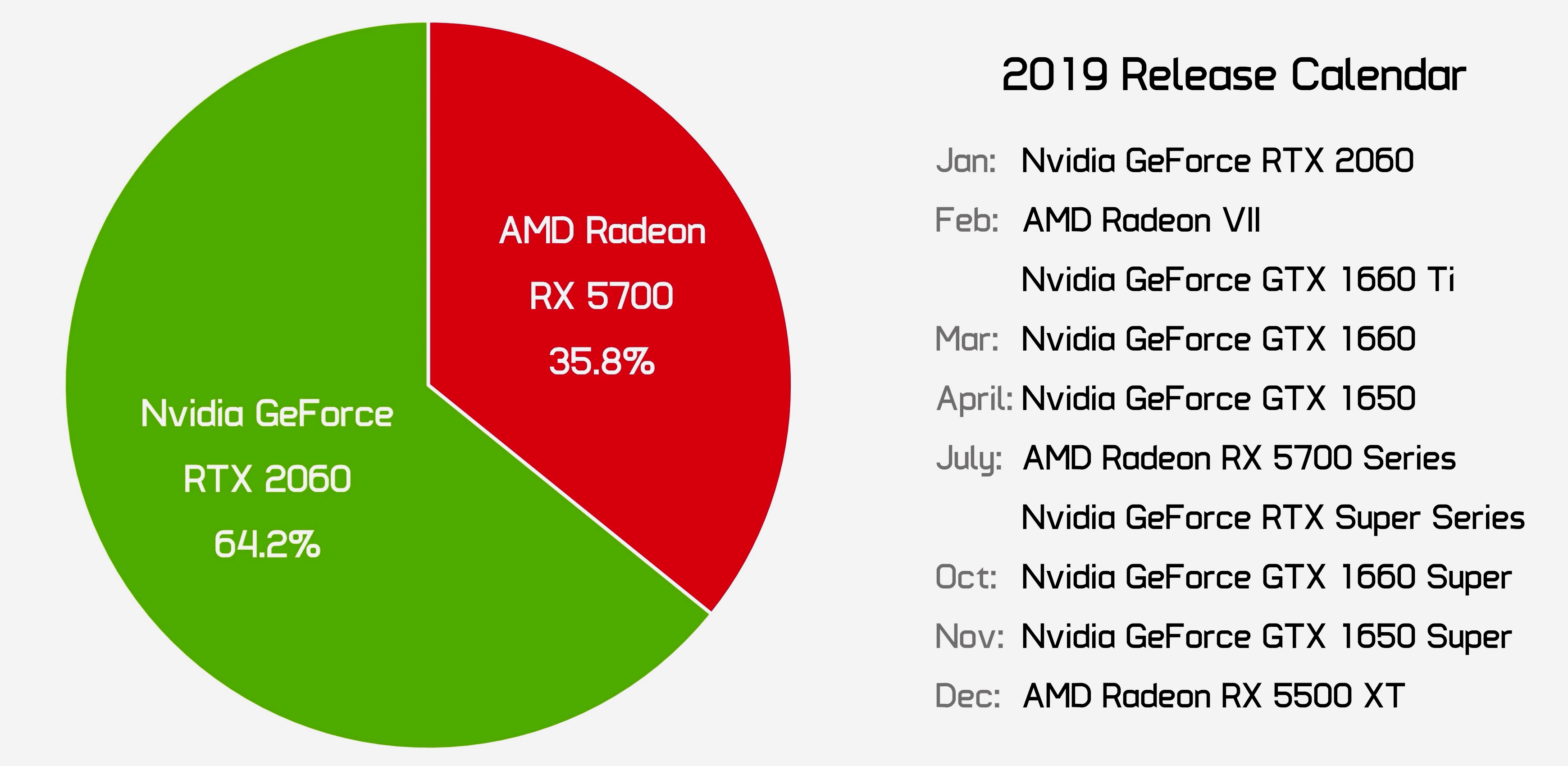
Rather than launching more Navi-based GPUs, AMD should have taken a step back and addressed the problems with the RX 5700 series before pushing out more products that rely on the same buggy drivers. Long term, it seems quite clear that rushing out these products before fixing major bugs will do more harm than good. It also has to be placing a huge amount of pressure on board partners who have to deal with unnecessary RMA requests.
Reading though your feedback on the poll (1,700 comments and counting), the main issue appears to be the "black screen bug." This issue sees the display randomly turn black, as if the monitor had turned off, and there is no way to recover the system without a hard reboot. Those reporting this bug say it happens at random: when gaming, when not gaming, and even when the system is sitting idle.
There are also a number of users reporting workarounds to solve the black screen, a combination of the following: Disabling hardware acceleration as suggested by AMD, editing the TdrDelay in the registry, disabling PCIe link state power management, and even installing the Intel iGPU driver if they're using an Intel CPU with an iGPU. Having said that, apart from having to execute a clean driver install using DDU in safe-mode, we haven't had to do any of the above to use, test and successfully benchmark RX 5700 GPUs properly. That is using different graphics cards and in completely different hardware.
The reason we haven't been all over AMD about this issue until now is, as I've said more than once, we haven't run into any problems ourselves. It wasn't until the poll that we got a better sense of just how widespread these problems are.
We've also spoken with a few retailers to see if they're seeing issues with 5700 XT boards and we've received some interesting reports. Basically the return rate for 5700 XT's is more than 5x that of competing Nvidia products and when they get these systems back with various reported issues, they're unable to replicate them due to their random nature.
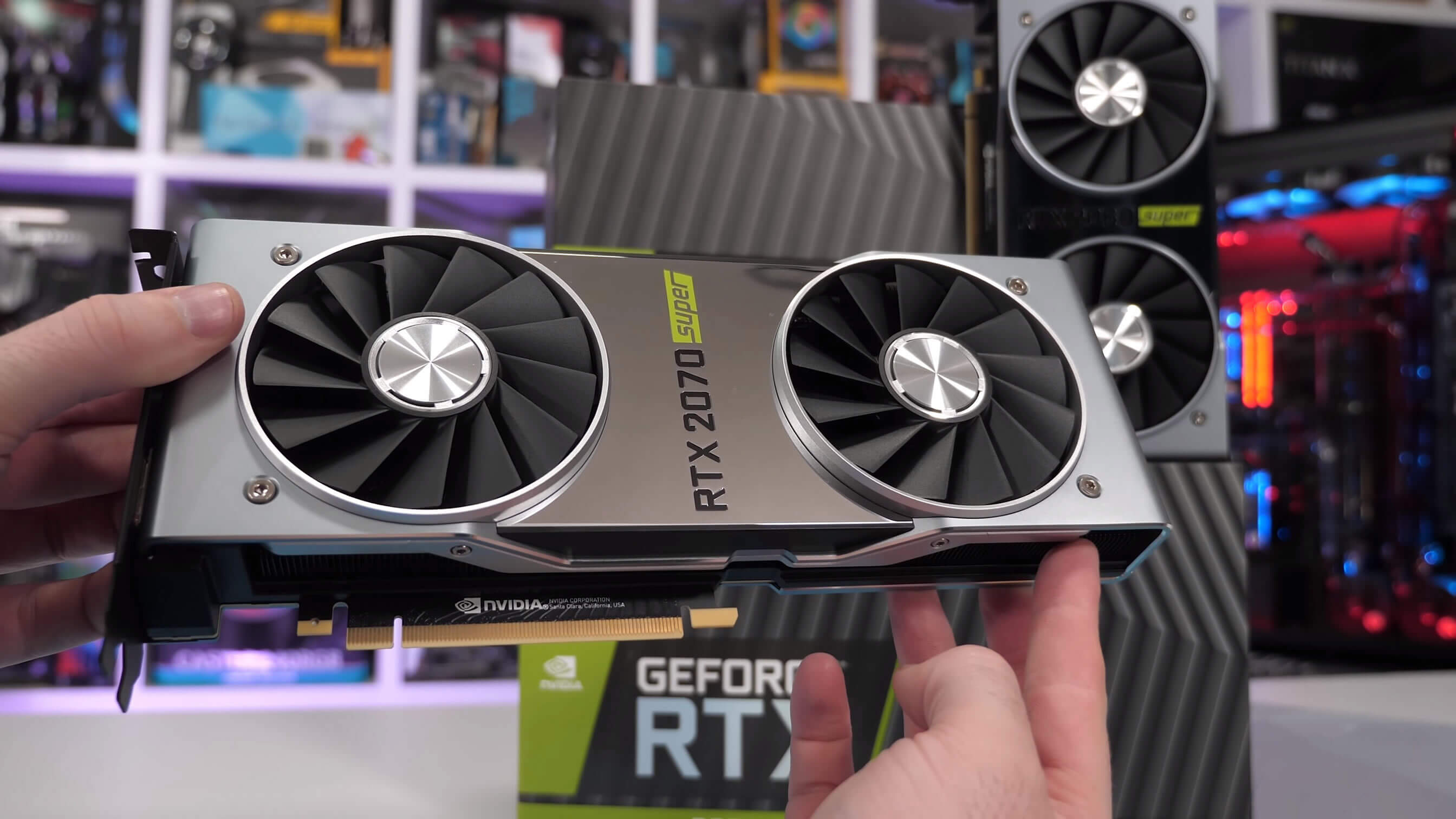
It may be part of the reason why we often see GeForce graphics cards dominating pre-builts. That's another example of why Nvidia ends up doing so much better – they aren't bribing these retailers to predominantly use their hardware as some would suggest – the retailers are simply trying to avoid unhappy customers along with the costs associated with having systems returned.
We have reached out to AMD, informing them of our poll and asked if they cared to comment. Here's their official statement:
Stability of our drivers is a key priority for our software team. They are monitoring forum discussions closely, including the black screen and other issues users are reporting, and we are actively identifying and working on fixes. As soon as we have more information to share, we will let you know. We encourage users to report issues they are experiencing here 'amd.com/report' so that our team can investigate.
AMD acknowledging the issues is a positive. But working to fix them on a 7 month old product is not. The hardware itself is good and as you know we love the pressure it puts on the graphics card market, so we end up paying less for more capable GPUs. Hopefully at this point they're throwing every possible resource at this problem and shortly we'll have a proper fix. Until then, it's going to be hard to recommend Radeon graphics cards when competing with Nvidia at a similar price to performance ratio.
